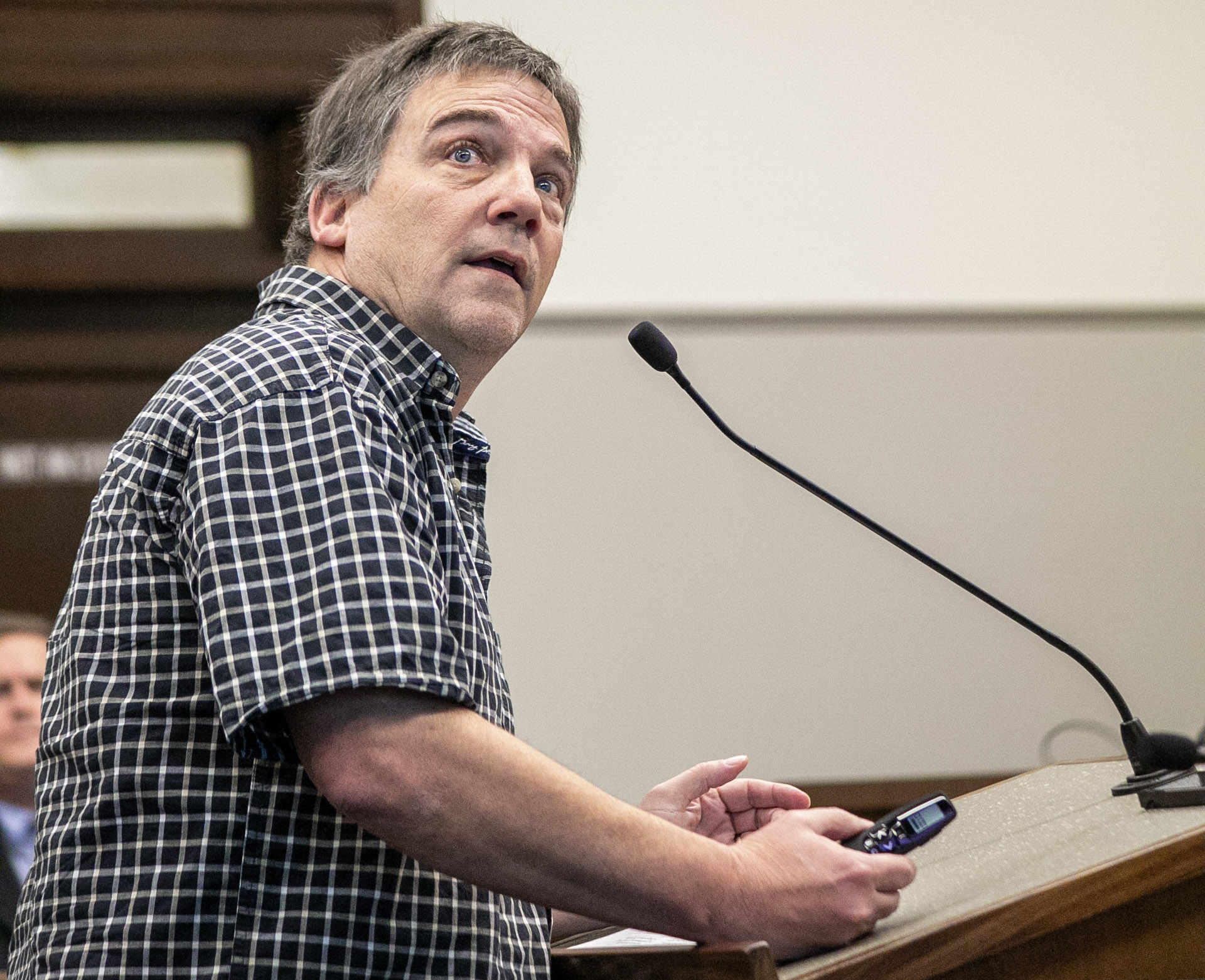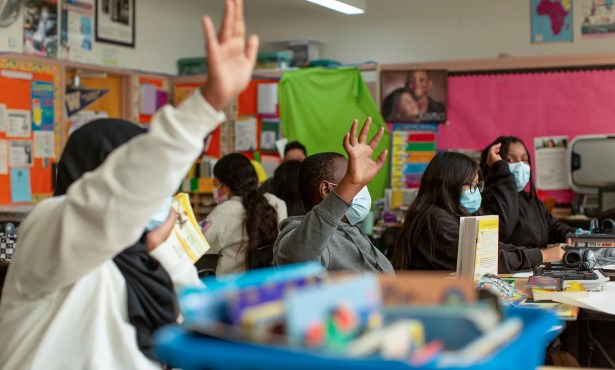Porta-Potties Installed in Downtown Santa Barbara
Concern for Homeless Hygiene During the Coronavirus Pandemic

After months of wrangling, eight MarBorg porta-potties have been installed throughout downtown Santa Barbara to provide service to the homeless. Heightened concerns about homeless hygiene have led to 24-hour washing stations being installed as well.
A consortium of about 12 organizations that work with the homeless had argued that, since the library was no longer open and Starbucks’ restrooms are not open to homeless people, outhouse accommodations were immediately necessary. “It really has been a problem,” stated Jeff Shaffer of SB ACT (Alliance for Community Transformation), a nonprofit that’s focused on finding permanent supportive housing for the most medically vulnerable people living on the streets. Making the matter even more urgent has been the inability of city and county officials to create a COVID-19 emergency shelter for the homeless or secure motel rooms where those with chronic health conditions could be sheltered.
Three of the porta-potties will be located on State Street, one by Marshalls on the 900 block, one behind McDonald’s on the 1200 block, and one on the 400 block near Vera Cruz Park. Another will be located under the Cacique Street freeway overpass, one at Pershing Park, one at Chase Palm Park, one at Dwight Murphy Park, and one at Alameda Park. Under the contract arrived at with MarBorg, the porta-potties will be cleaned twice a day. The cost of the program is slated to be $15,000 a month. No security will be provided.
Initially, the plan had been to keep the public restrooms at five downtown parks open 24/7, but the costs — for cleaning and security — would have been prohibitive. The issues of the homeless and public restrooms has long been fraught. Some councilmembers, like Kristen Sneddon, have been outspoken about the city’s need to provide facilities for people who have no place else to go. But the use and abuse of public restrooms by some people on the streets has been a major sore spot for certain city departments, especially those responsible for keeping them clean. The damage done to publicly available restrooms has been, at times, intense.
Shaffer, who led the charge for the porta-potties, acknowledged there have been problems, but added, “I believe maybe 5 percent of the population screws it up for everyone. I understand the issues, but there’s no escaping the need, especially now. If we hadn’t done this, it would have been bad for everybody.”
The funding for the initiative comes out of a state grant awarded to City Hall a year ago to address the growing homeless emergency. That grant fused city police officers with Cottage Hospital health-care providers, and the Housing Authority with a team of homeless outreach workers working for CityNet, a faith-based ministry out of Orange County that specializes in connecting the chronically homeless with services and getting them into supportive housing. Because this action was taken in response to the COVID crisis, the federal government is expected to reimburse 75 percent of the funds.


